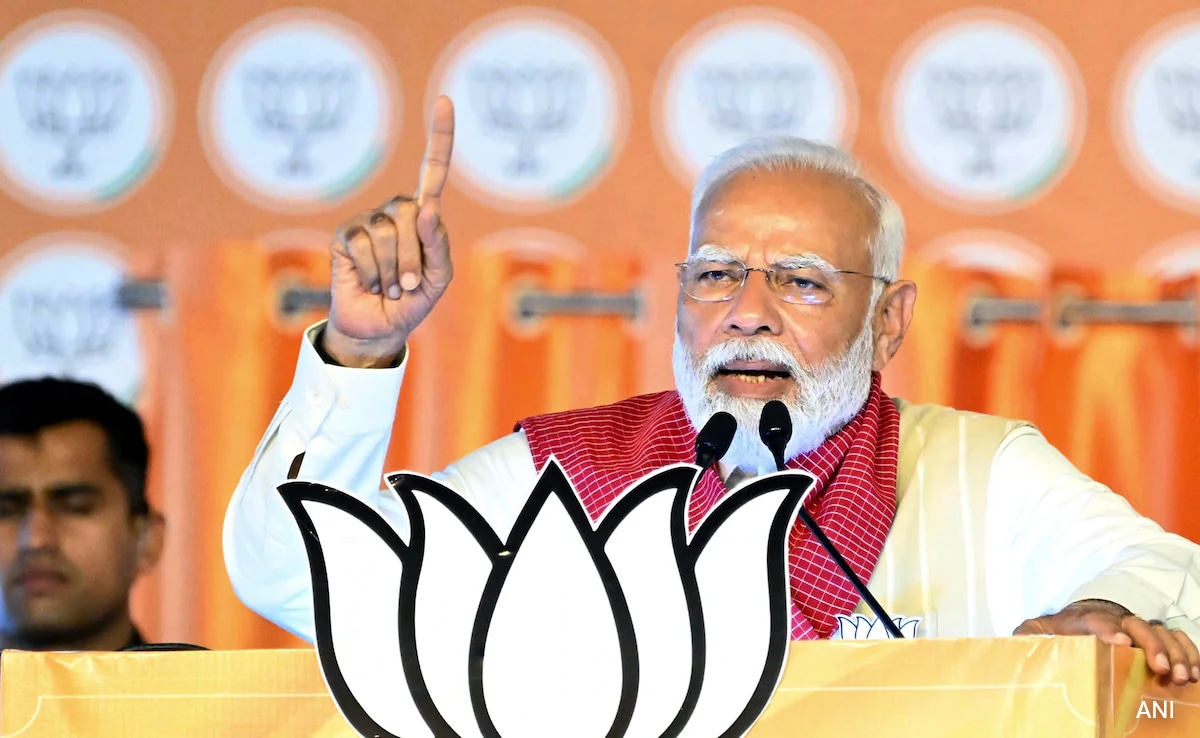Even though Finance Minister Nirmala Sitharaman will unveil the mid-term budget 2024 on February 1, industries still have expectations. The e-commerce sector expects the budget to focus on digital infrastructure, streamlined regulatory framework, skill development of e-commerce workforce and support to MSMEs in e-commerce.
Chirag Taneja, founder and CEO of e-commerce enabler Gokwik, urged the government to introduce policies to support digital-first brands aiming to take the omni-channel path. “As technological advancements shape the e-commerce industry and the role of enablers continues to grow, budgets should also provide support for the growth of enablers that are now forming the core backend for the growth of these brands. Overall, I believe Budget 2024 will take a holistic approach centered on growth of the e-commerce industry and drive #MakeInIndia globally,” he said.
Vineet Agarwal, managing director of logistics firm Transport Corporation of India, said: “While we await the interim Union Budget, the logistics industry is ready to take transformative steps that will propel us forward. The journey towards a $5 trillion economy. The upcoming budget provides an important opportunity to strengthen our commitment to improving the ease of doing business.”
He added that continued focus in the budget on advocating for a long-term perspective on building physical and digital infrastructure, incentivizing intermodal transport to reduce carbon emissions, and delivering strong skills training for the 22 million people employed in the sector should be key Priorities. “To boost import and export trade and improve competitiveness, we need to maintain the momentum of investment and digitization. Through this approach, we will be able to quickly build a more resilient and sustainable transportation and logistics ecosystem for India.”
Balasubramanian A, Vice President of TeamLease Services, also outlined budget expectations for e-commerce:
Focus on digital infrastructure: Developing a strong national digital infrastructure and providing affordable internet access in rural areas can increase e-commerce penetration and create up to 500,000 jobs in digital service delivery and rural e-commerce.
Simplified regulatory framework: Simplifying regulations and increasing transparency on e-commerce platforms can boost investor confidence and attract rupees. An investment of Rs 5,000-10,000 crore may create 20,000-300,000 jobs across the entire e-commerce ecosystem.
Skills development for the e-commerce workforce: Skills training programs such as digital marketing, logistics management and data analytics can increase efficiency and attract a skilled workforce, potentially creating up to 100,000 jobs in e-commerce specific roles.
Support for e-commerce for small, medium and micro enterprises: Initiatives such as providing more convenient online marketing financing and training can help small businesses take advantage of e-commerce platforms and create a large number of job opportunities for micro, small and medium-sized enterprises that support e-commerce.
Follow us on Google news ,Twitter , and Join Whatsapp Group of thelocalreport.in
















